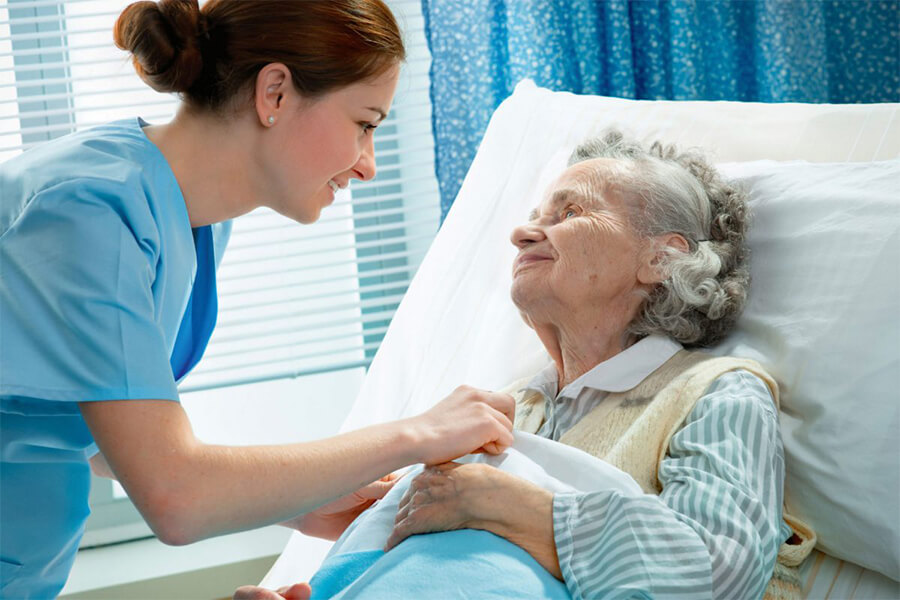
Nursing Home Pet Therapy Benefits
17 Feb, 2022
Nursing Home
Pet therapy entails a guided form of interaction between an animal and an individual, especially a nursing home resident. Pet therapy has several benefits, including increased physical and mental activity as well as more self-esteem. However, like other therapies, it is important to consider pet therapy concerns too. The main consideration is regarding the accountability that often accompanies the act of owning a domestic pet. It is possible to address that concern through the form of therapy that you choose.
Visitation therapy lets elders visit pets and have the joys associated with their companionship without the additional responsibility of taking care of them round the clock. Animal-assisted therapy may be less prevalent but is more suitable for a person who requires a much more intense therapy option for help with their rehabilitation. Another pet therapy type, known as ownership therapy, requires a physical and mental evaluation of the occupant. Why? Because it necessitates the capability of that person to responsibly offer 24/7 care for a pet, as in their independent living environment.
The Advantages
There are numerous advantages to working this form of therapy into a senior citizen’s routine. Everyone has been living a full, independent life before becoming a skilled nursing facility resident. So, having someone to take care of your needs can make you, the resident, not in touch with yourself as well as likely to feel less confident about your identity and capabilities.
The accountability that accompanies looking after a pet, for a while or a long time, can aid in boosting your self-esteem. People who reside in nursing homes are usually lonely and in danger of developing anxiety and/or mental depression. Loneliness often makes the residents pay attention to their companionship as well as bothered about their loved ones and/or health conditions.
Bringing a pet into the routine of the resident will let them experience not just less loneliness but also a shift towards a much more positive attitude. A pet needs several things from its owner, including exercise and food, and those needs can make the resident want to be up and about. Some residents are self-conscious or shy about their reduced capabilities to handle their activities of daily living. They usually have unconditional love for their pets and learn about the trait of acceptance. A combination of all those things can help residents have better mental functioning.
Leave a Comment